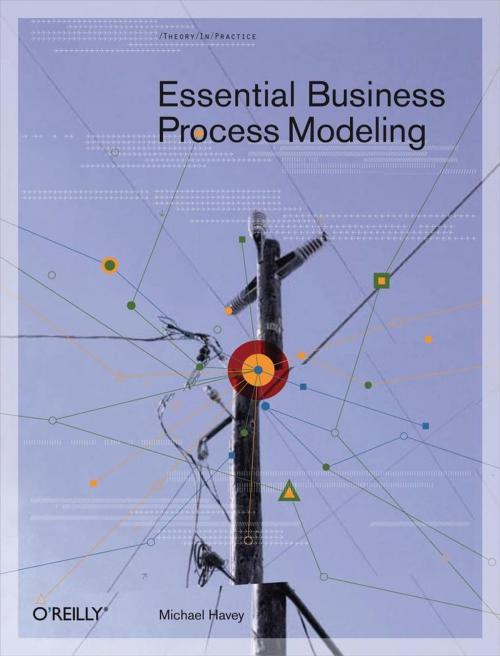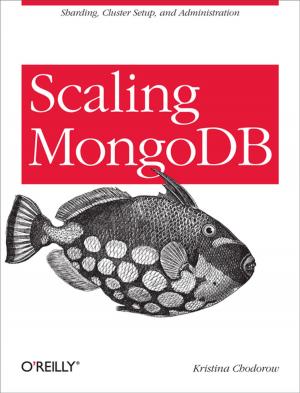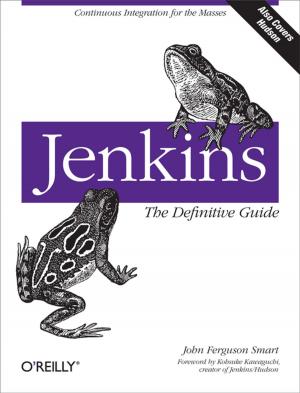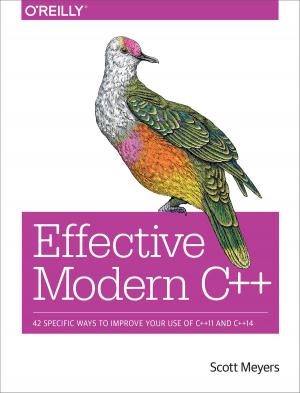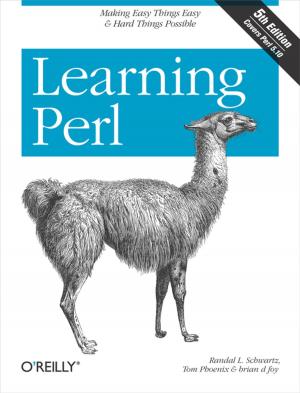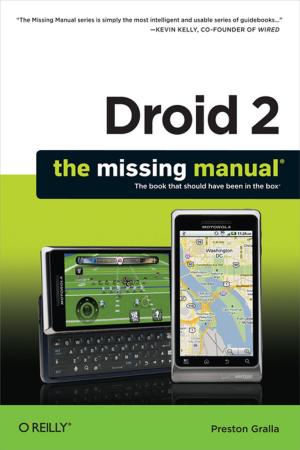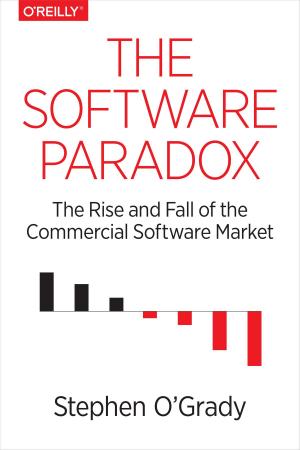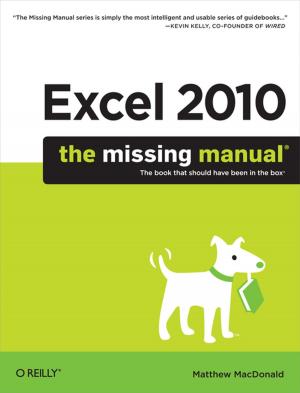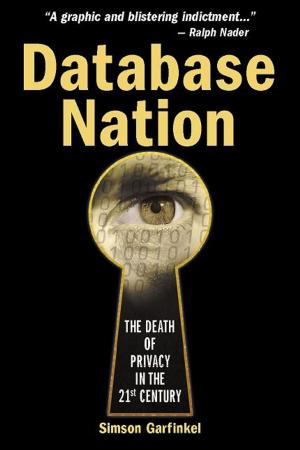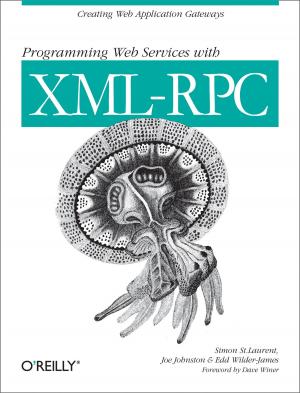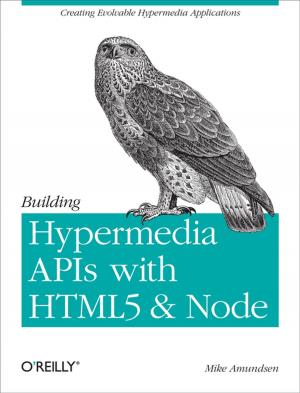Essential Business Process Modeling
Nonfiction, Computers, Advanced Computing, Theory, Information Technology, General Computing| Author: | Michael Havey | ISBN: | 9780596555153 |
| Publisher: | O'Reilly Media | Publication: | August 18, 2005 |
| Imprint: | O'Reilly Media | Language: | English |
| Author: | Michael Havey |
| ISBN: | 9780596555153 |
| Publisher: | O'Reilly Media |
| Publication: | August 18, 2005 |
| Imprint: | O'Reilly Media |
| Language: | English |
Ten years ago, groupware bundled with email and calendar applications helped track the flow of work from person to person within an organization. Workflow in today's enterprise means more monitoring and orchestrating massive systems. A new technology called Business Process Management, or BPM, helps software architects and developers design, code, run, administer, and monitor complex network-based business processes
BPM replaces those sketchy flowchart diagrams that business analysts draw on whiteboards with a precise model that uses standard graphical and XML representations, and an architecture that allows it converse with other services, systems, and users.
Sound complicated? It is. But it's downright frustrating when you have to search the Web for every little piece of information vital to the process. Essential Business Process Modeling gathers all the concepts, design, architecture, and standard specifications of BPM into one concise book, and offers hands-on examples that illustrate BPM's approach to process notation, execution, administration and monitoring.
Author Mike Havey demonstrates standard ways to code rigorous processes that are centerpieces of a service-oriented architecture (SOA), which defines how networks interact so that one can perform a service for the other. His book also shows how BPM complements enterprise application integration (EAI), a method for moving from older applications to new ones, and Enterprise Service BUS for integrating different web services, messaging, and XML technologies into a single network. BPM, he says, is to this collection of services what a conductor is to musicians in an orchestra: it coordinates their actions in the performance of a larger composition.
Essential Business Process Modeling teaches you how to develop examples of process-oriented applications using free tools that can be run on an average PC or laptop. You'll also learn about BPM design patterns and best practices, as well as some underlying theory. The best way to monitor processes within an enterprise is with BPM, and the best way to navigate BPM is with this valuable book.
Ten years ago, groupware bundled with email and calendar applications helped track the flow of work from person to person within an organization. Workflow in today's enterprise means more monitoring and orchestrating massive systems. A new technology called Business Process Management, or BPM, helps software architects and developers design, code, run, administer, and monitor complex network-based business processes
BPM replaces those sketchy flowchart diagrams that business analysts draw on whiteboards with a precise model that uses standard graphical and XML representations, and an architecture that allows it converse with other services, systems, and users.
Sound complicated? It is. But it's downright frustrating when you have to search the Web for every little piece of information vital to the process. Essential Business Process Modeling gathers all the concepts, design, architecture, and standard specifications of BPM into one concise book, and offers hands-on examples that illustrate BPM's approach to process notation, execution, administration and monitoring.
Author Mike Havey demonstrates standard ways to code rigorous processes that are centerpieces of a service-oriented architecture (SOA), which defines how networks interact so that one can perform a service for the other. His book also shows how BPM complements enterprise application integration (EAI), a method for moving from older applications to new ones, and Enterprise Service BUS for integrating different web services, messaging, and XML technologies into a single network. BPM, he says, is to this collection of services what a conductor is to musicians in an orchestra: it coordinates their actions in the performance of a larger composition.
Essential Business Process Modeling teaches you how to develop examples of process-oriented applications using free tools that can be run on an average PC or laptop. You'll also learn about BPM design patterns and best practices, as well as some underlying theory. The best way to monitor processes within an enterprise is with BPM, and the best way to navigate BPM is with this valuable book.
